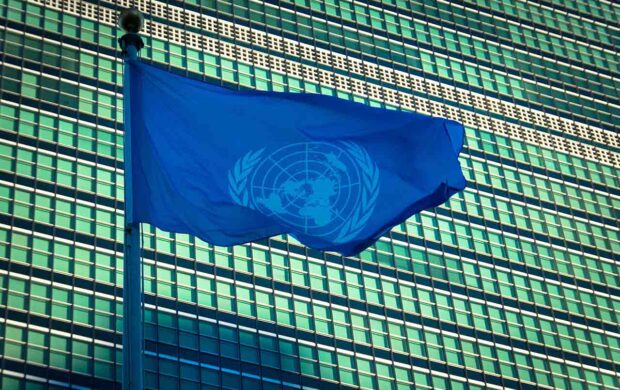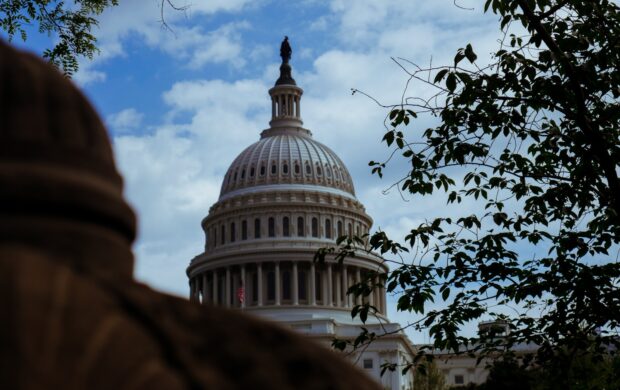A legal battle over the unaccounted pollution of a river between a family in Costa Rica and a municipality of a small town near the capital San Jose set new precedent and a legal standard in the country to recognise healthy environment as a human right, that has shaped much acclaimed environmental policies of the country. Following such footsteps, more Latin American countries like Colombia and African nations like South Africa are striving to include right to a healthy environment and ecosystem as a basic human right.

So what?
Many scholars opine that the right to a health environment can act as a crucial legal pathway to protect the natural world. It recognises that nature is a keystone of a dignified human existence as humans depend on the natural resources for their sustenance. Integrating this right into constitutions will cause judicial systems to take it seriously, can become a means to allow courts to hold violators responsible and subsequently pass stronger environmental laws, thereby counteracting the interests against the protection of the resources. Can this initiative taken by the Latin American and African countries be an impetus for the West and the European nations to follow heed? Will recognition of healthy environment as a human right lead to better legal frameworks and reduce environmental injustice? And more importantly, will it be enough to reduce the anthropogenic impact that the planet has already seen and felt?
















Join discussion